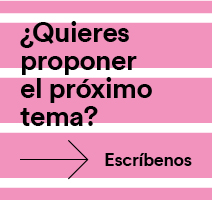Give your opinion
Policy and control: free without risk?
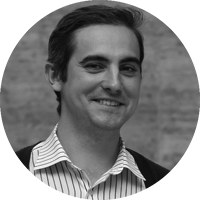
In a world increasingly dominated by digital media, Manuel Cruz, lecturer at the
Degree at Philosophy of the School from Philosophy and Lettersof the University of Barcelona, brings us a valuable reflection on the
about discussion between freedom and security.
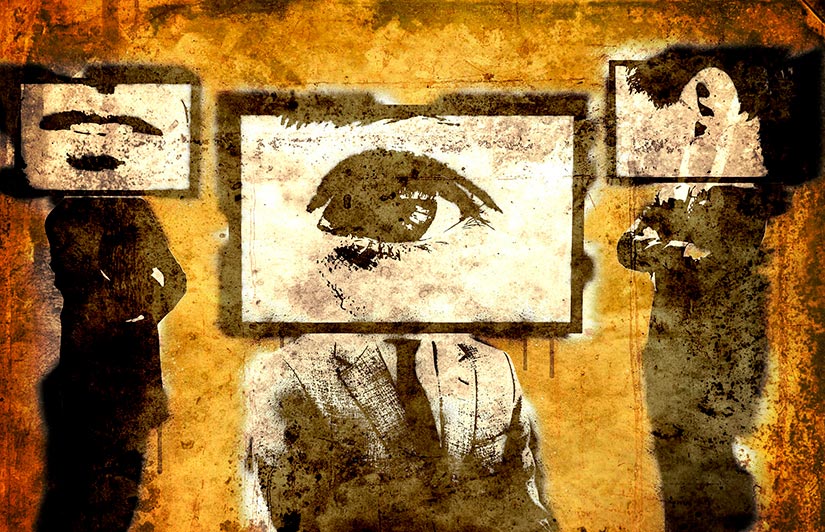
Cameras, data, protocols, information. In just a few years, the digital revolution has transformed our society: not only have new forms of external control emerged but, fundamentally, techniques of manipulation and silent subjugation.
George Orwell imagined in his novel 1984 a society in which the state could control everything through the external surveillance of "Big Brother": society would be regulated by cameras and order would be imposed through the manipulation of the Ministry of Truth.
Years earlier, Aldous Huxley set the world in Brave New World a society domesticated and subjected to authority through constant pleasures and entertainment: a world without stable emotional or family ties in which passions are controlled by drugs. The population of the Brave New World would have been educated to assume patterns of behaviour without ever questioning authority. Doses of "soma" could provide a way to find easy pleasure at little biological cost.
Both authors - Orwelland Huxley -seemed to envisage a peaceful society in which freedom and risk hardly occur. In Orwell's society, rule would be through violence and external control; in Huxley's world, no one would question authority, because no one would think of doing so: an entertaining world without any critical thinking would be the untroubled society.
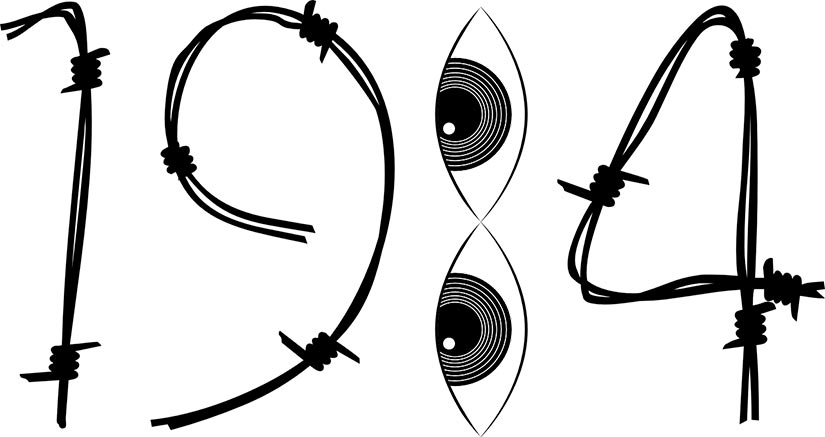
The current digital revolution seems to place us in a transition status from the Orwellian authoritarian model (external control, explicit repression) to a new form of Huxley-style control in which there is no need for surveillance, because we ourselves prefer to submit to the established slogans and live quietly, enjoying pleasures and forms of entertainment without any subject risk.
The Korean philosopher Byung Chul-Han says in The Agony of Eros that "The you can even coerces more than the you must". There is nothing more effective in achieving results than if it is oneself who feels that one has to perform at one's best. In this way, Han thinks, we arrive at a society of exhaustion in which there is no need for external control: precisely the absence of any barrier allows individuals to exploit themselves and show everything shamelessly. There is no need for surveillance, because we ourselves show everything on social networks, with no room left for privacy.
But can we say that we are free in a world controlled by digital media? Where is our freedom in a world without risk, where everything is perfectly controlled, where we submit to a society of pleasure and entertainment? Apparently, we have the ability to choose, to pick and choose between options, but are we really the protagonists of our lives when digital media have such an important influence on our way of thinking and our life habits?
If freedom were only the ability to choose, we would have to conclude that in reality we are very little free, since society, the environment, the opinion of others, have an almost determining influence on what we do. But, although this is an important facet of freedom, perhaps it is not only about being able to choose between options, precisely because we will never be able to choose what we would like in everything we do. We will always have some impediment, whether it be schedules, the tasks we have to accomplish, or the very barriers of our bodies.
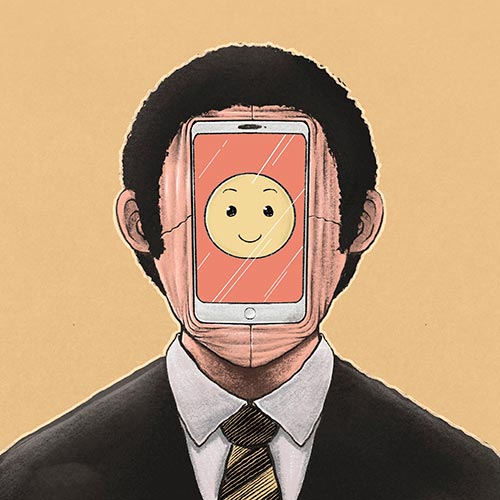
Freedom has to do fundamentally with the unimpeded development that allows us to be the protagonists of our own lives or, to put it another way, I experience myself as free to the extent that I can be who I am without hindrance, to the extent that I take the reins of my life in authentic projects.
But is such a freedom possible in a society of control, in a society in which the market and the state dictate our lives? It is clear that freedom can only be maintained as long as there is an attitude of searching for truth: it is only possible to be the protagonist of one's own life as long as one is aware of who one is and what one's role in the world is. Like Truman in his show, it is only possible to begin to be free to the extent that we know that we are also - if you want to put it this way - in our own show. From there, we can decide through our actions who we want to become.
Finally, in a society with so many control mechanisms, the question necessarily arises as to whether it is preferable to sacrifice freedom in favour of collective security . Gambling on freedom entails a risk, because the others may fail. However, a commitment to freedom also allows for trust, because it is only possible to trust something or someone to the extent that total control is not exercised. There is control to the extent that there is no trust, but we are free to the extent that we are the protagonists of our lives.
This brings us to the core of freedom: the ability to be open, to open up to the world without hindrance. But opening up to the world, to life, necessarily entails risks, knowing that we may lose something, although we also gain a lot in return. Real freedom is only possible where everything is not under control.
If you liked the article, you might be interested in one of our Degrees!




